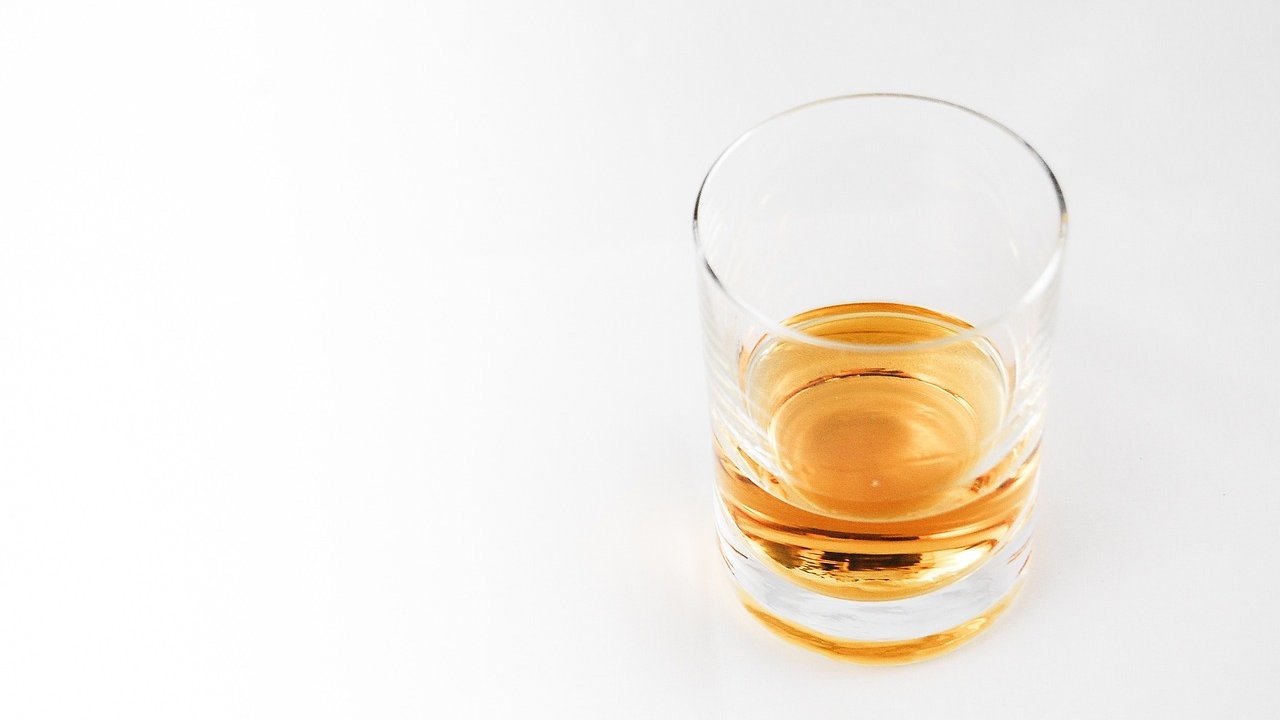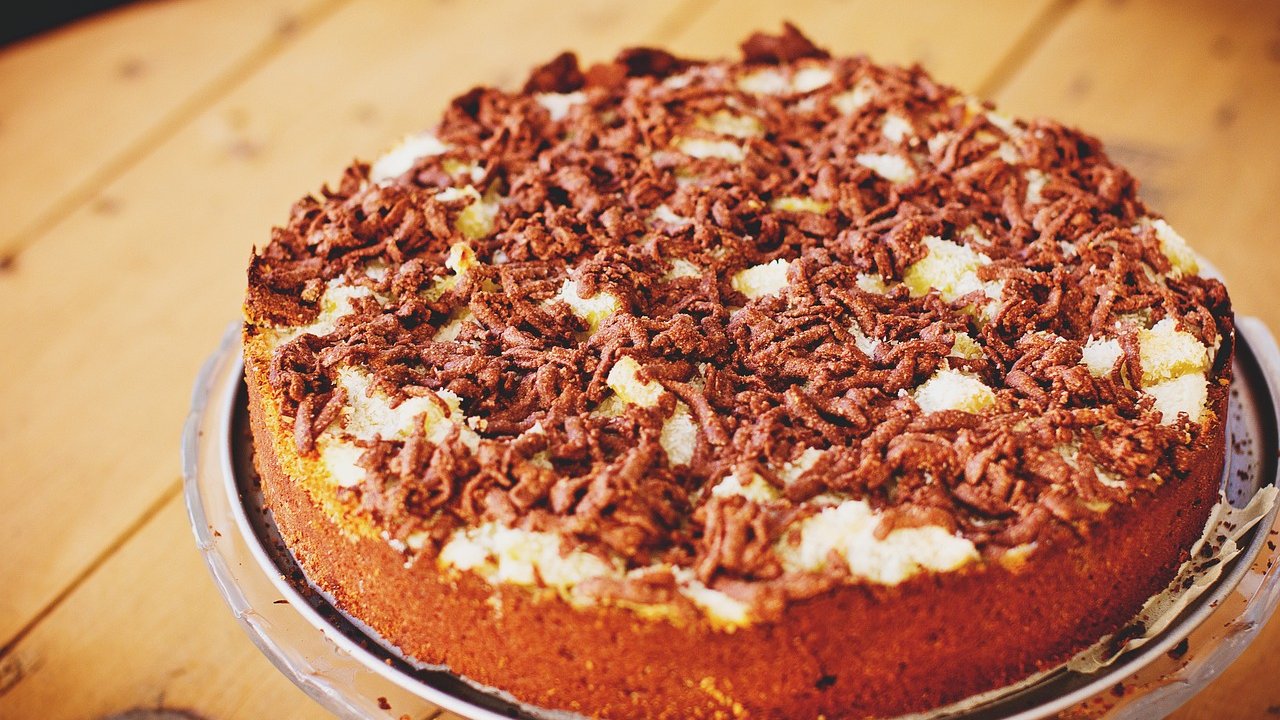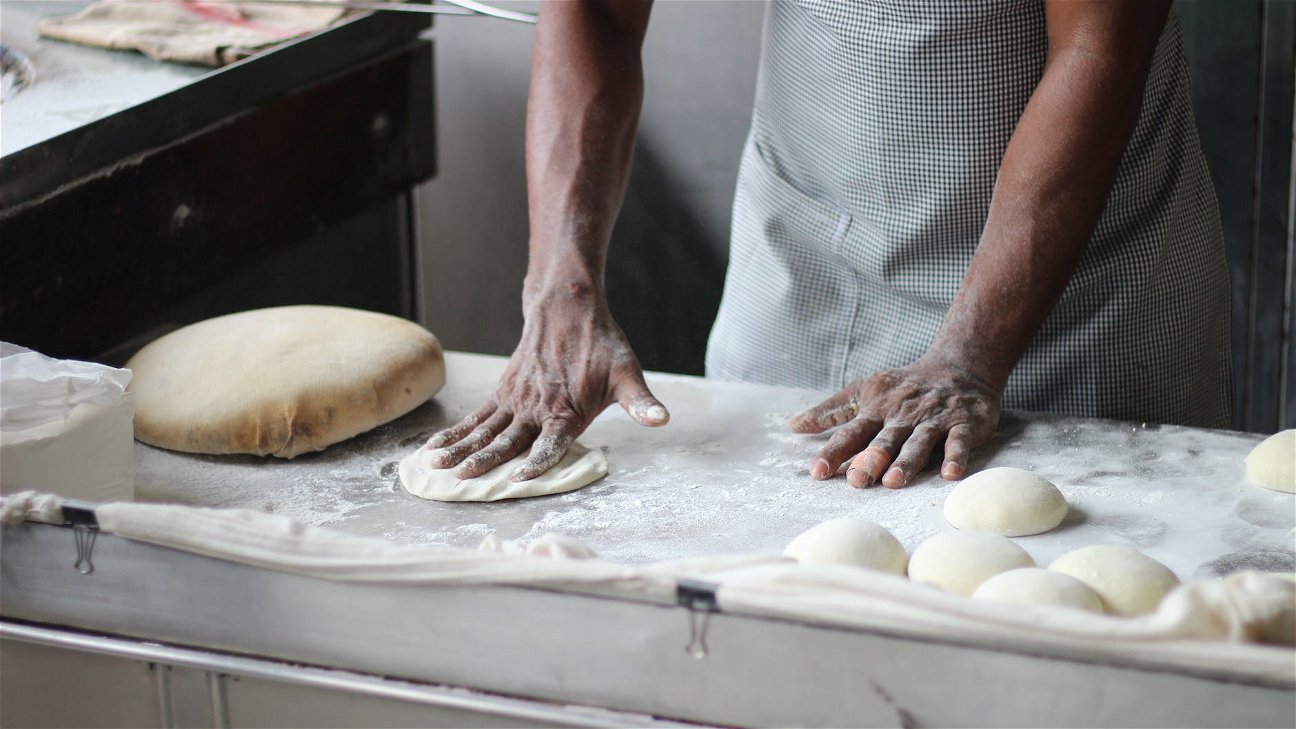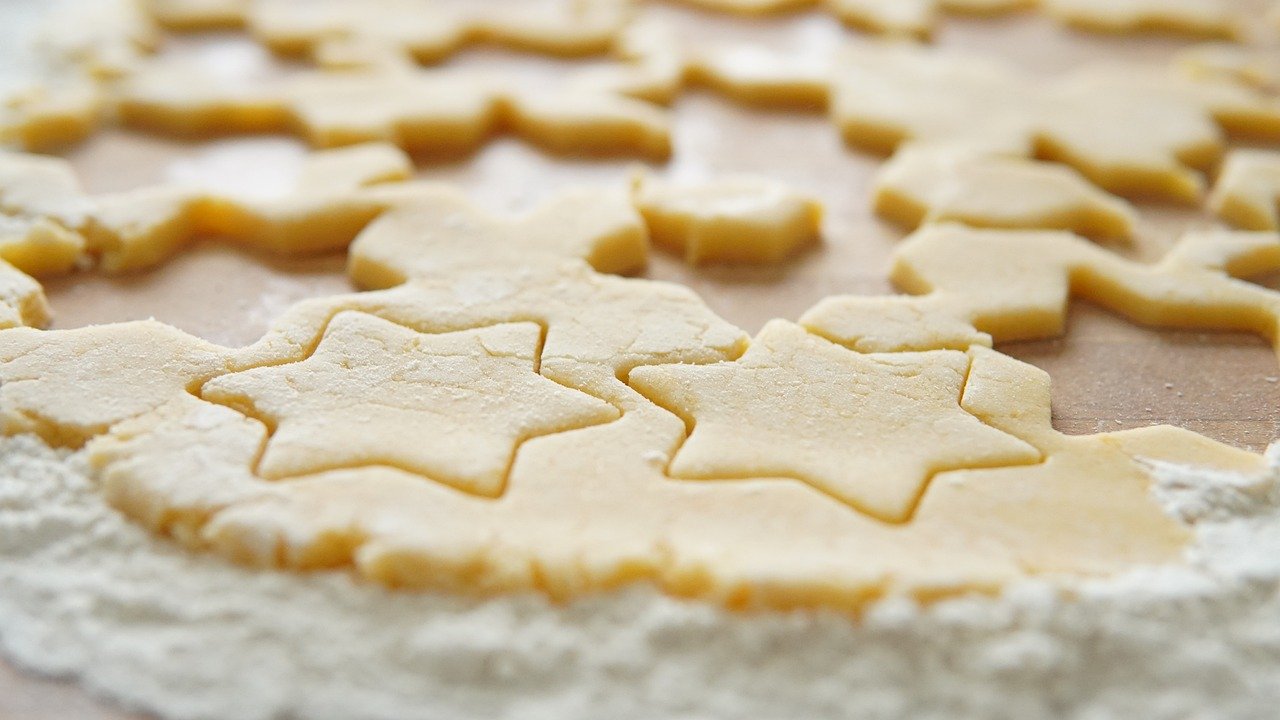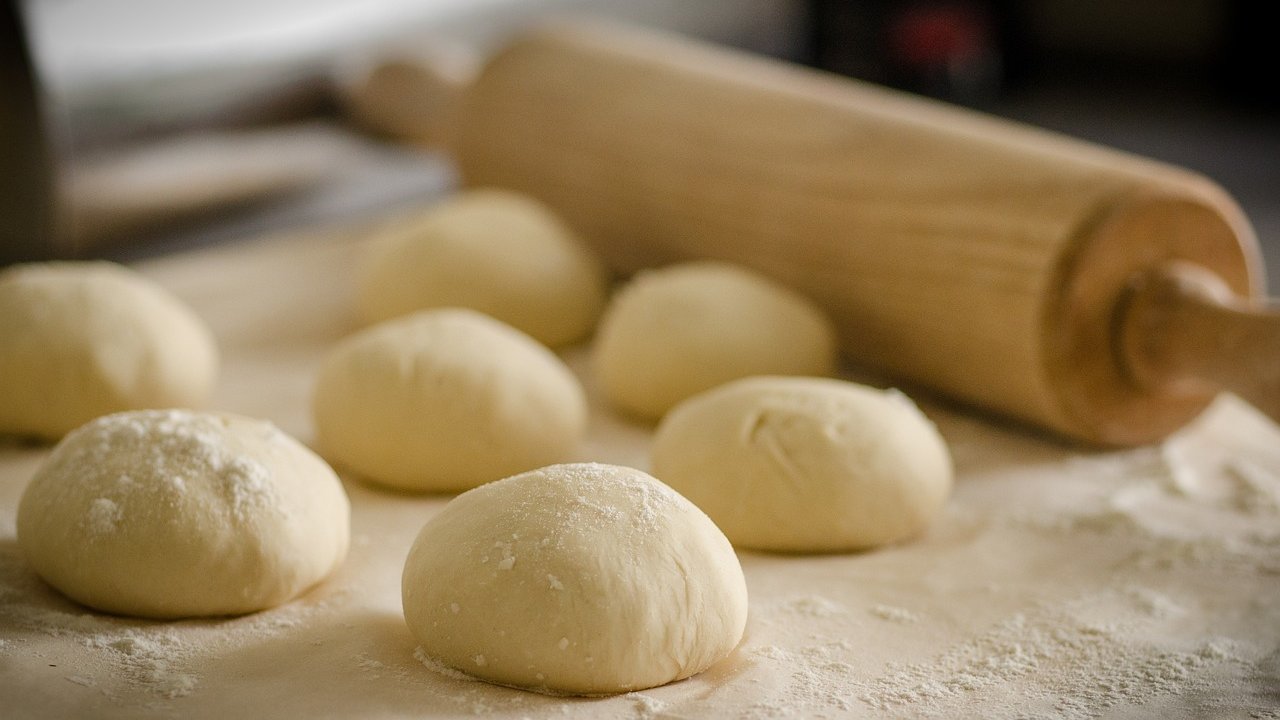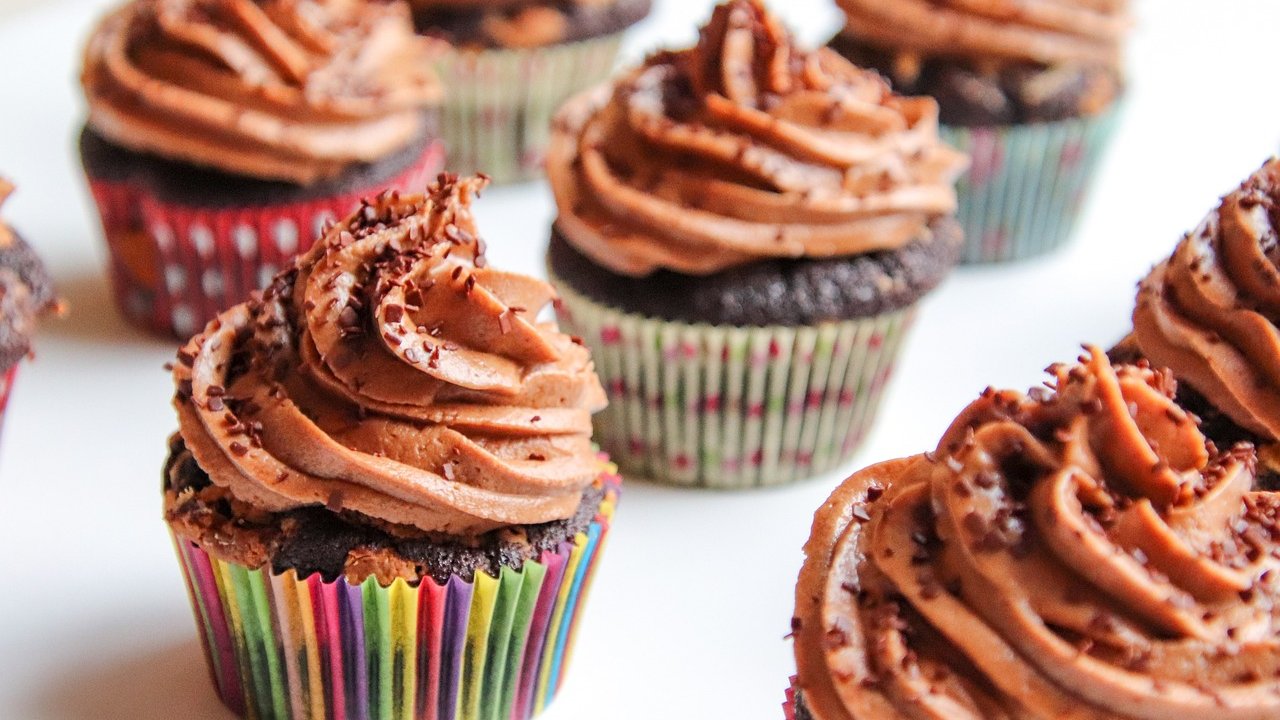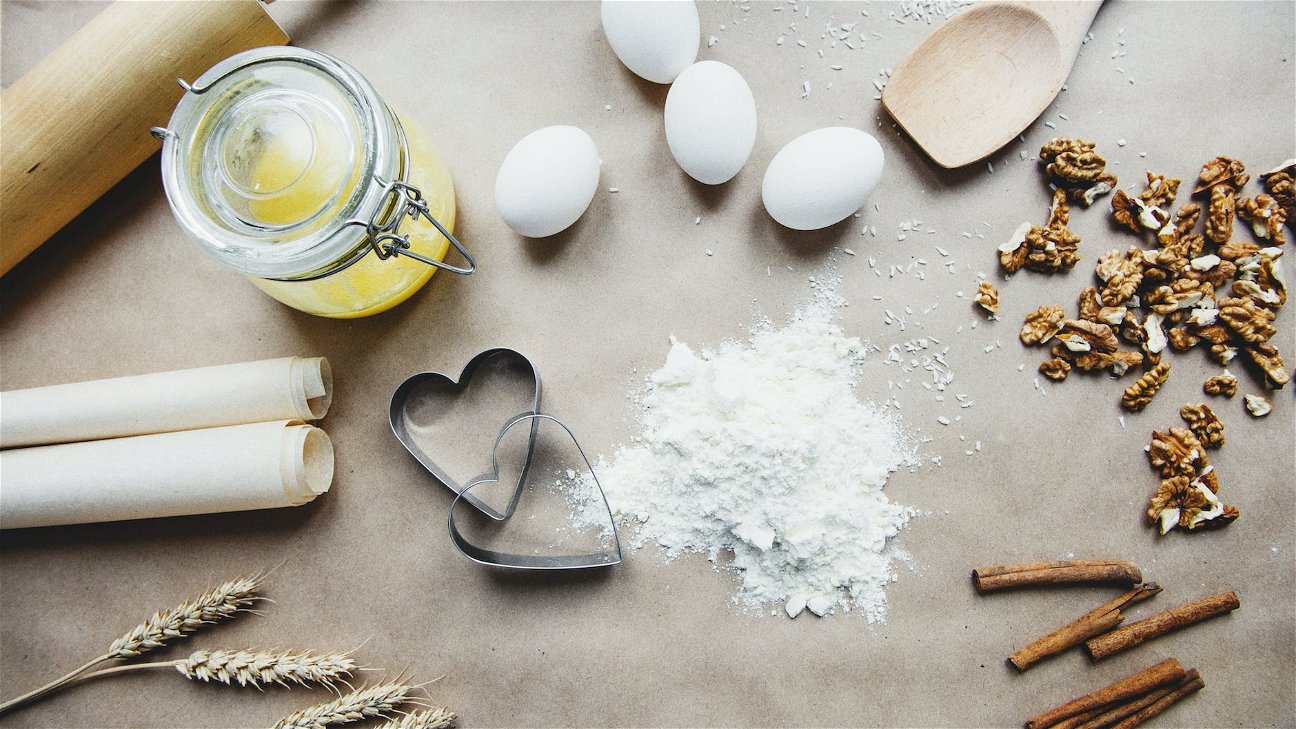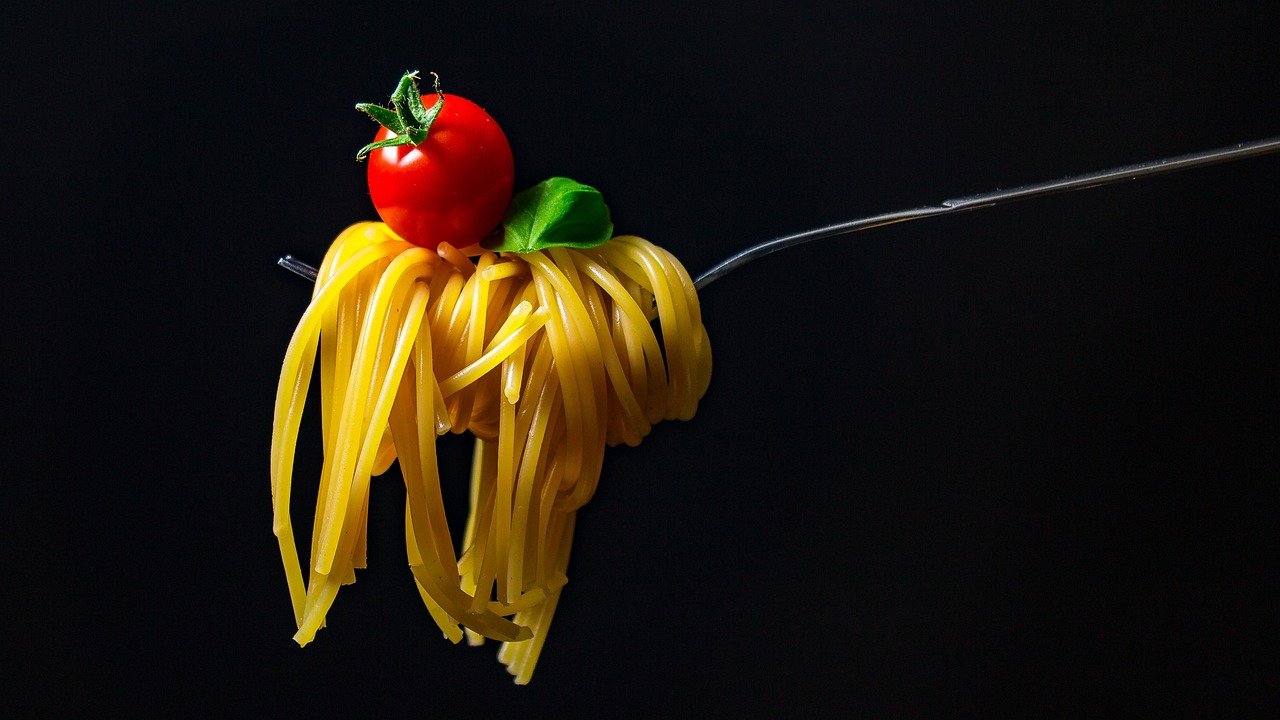
Cooking with alcohol has been a culinary technique for many centuries. Not only does it bring a unique flavor to your dishes, but it can also add depth and complexity to your meals. Whether it's a splash of wine in your pasta sauce or a shot of bourbon in your dessert, alcohol can elevate your cooking to a new level. But how do you cook with alcohol, and what are the best practices? Let's dive into it.
Why cook with alcohol
Alcohol is a great ingredient to have in your cooking arsenal. It can enhance the flavor of your food, break down tough proteins, and even tenderize meat. In some cases, it can also act as a leavening agent, helping baked goods rise.
However, alcohol is not just about adding some kick to your dish. It's also about the flavors it can infuse into your food. The key to making alcohol work in your recipes is understanding how it interacts with other ingredients and how it changes during the cooking process.
Choosing the right alcohol
Not all alcohols are created equal when it comes to cooking. Some are better suited for certain types of dishes than others. Here are some tips to help you choose the right alcohol for your cooking:
-
Wine: Best for sauces, stews, and marinades. Choose a wine that you would drink. If it tastes good in the glass, it will taste good in your dish.
-
Beer: Great for battering foods and in hearty, robust dishes. Darker beers are excellent in rich stews, while lighter beers are good for delicate sauces.
-
Spirits: Ideal for desserts and flambé dishes. They are also good in marinades to help tenderize meats. Remember, stronger does not necessarily mean better. The flavor should complement, not overpower.
The do's and don'ts of cooking with alcohol
When cooking with alcohol, there are a few rules you should follow to avoid any culinary disasters.
-
Do deglaze your pan with alcohol: Alcohol is excellent for loosening up those delicious, stuck-on bits at the bottom of your pan after sautéing or roasting.
-
Don't pour alcohol from the bottle into a hot pan: This can cause a dangerous flame. Instead, measure the alcohol first and then add it to the pan.
-
Do let your dish cook after adding alcohol: This will allow the alcohol to evaporate, leaving behind only the flavors.
-
Don't use alcohol as a last-minute addition: Alcohol needs time to meld with other ingredients. Adding it at the end could result in a harsh, boozy flavor.
-
Do taste as you go: This will help you monitor the flavor and adjust if necessary.
Cooking with alcohol can be a fun and creative way to enhance your dishes. However, it's important to follow these best practices to ensure you're using alcohol safely and effectively in your cooking.
